Beet with extraordinary properties
min. reading
Beet is derived from the wild beet growing in the Middle East. Interestingly, it is currently one of the most popular vegetables grown in Poland. This is not surprising – after all, who among us doesn’t love beets for dinner or botwine soup. Besides, the use of beets has increased significantly, as they are already hosted even in juices, salads and pancakes.
Bio Biowen beet is a powdered and then placed in a jar, superfood (super food). It is a concentrated source of vitamins and minerals, so it will be a perfect addition to our meals. We can add it to smoothies, pancakes, waffles, hummus and other spreads. Bio beet is a product free of herbicide, pesticide and heavy metal contamination, so we can serve it to our loved ones without fear.
Table of Contents
Health – promoting values of beets
Bio beet powder is a source of vitamins and minerals, making it an ideal addition to our daily diet. It contains significant amounts of iron and folic acid – ingredients in which our diet is deficient. In addition, it is a source of potassium, which has a beneficial effect on the way our body works. [1]
Iron
Iron is an essential element for the proper functioning of the body. It is a component of hemoglobin, which is a component of red blood cells – and it is essential for transporting oxygen and nutrients in the body. In addition, iron is essential for energy metabolism and the proper functioning of the immune system. Without this element, the development of cognitive functions in newborns and children will not occur properly. Iron also reduces feelings of fatigue and is involved in cell division. Iron deficiency in the body will manifest itself through: weakness, hair loss and brittle nails, pale skin and faster fatigue. Deficiency of this element is very dangerous for the body, so we must ensure an adequate supply of this component with the diet. Bio beet contains almost 7 mg of iron. If we add it to a smoothie, we can further increase its absorption of iron by adding vitamin C (for example, derived from oranges). [2,3]
Vitamin B9
Vitamin B9 otherwise known as folic acid is another ingredient without which the body will not function properly. It is especially important for pregnant women and children. Vitamin B9 is involved in cell division, homocysteine metabolism and blood cell formation. Also, it is essential for the proper functioning of the immune system. Beet powder contains about 0.9 mg of folic acid, which meets 450% of the daily requirement. [4,5]
Potassium
Bio beet Biowen contains more than 2,000 mg of potassium, which meets 100% of the daily requirement for this element. Potassium is involved in maintaining normal blood pressure, functioning of the nervous-muscular system. [6]
Nutritional values and calories in bio beets
Bio beet contains about 370 calories in 100 grams of product. This is mainly due to the presence of carbohydrates – there are as many as 70 grams of them. In addition, it contains 11 grams of protein. Daily diet, unfortunately, is often poor in protein – including vegetable protein, so it is worth introducing it from any source. Beet powder contains only 1 gram of fat, thanks to which it will be an interesting variety to the menu for people on low-fat and reduction diets.
Beet powder contains 6 grams of fiber. Eating a lot of processed food drastically reduces its supply from the diet. This is because processed foods contain high amounts of sugar and refined grains and low amounts of vegetables, fruits and whole-grain cereal products. Fiber, on the other hand, is essential for proper intestinal function – it shortens intestinal transit time, increases stool volume and bowel motility. [7]
Healthy cocktail with beet
Ingredients:
- 3 measures of bio beet Biowen,
- 1 container of raspberries,
- 2 teaspoons of chia seeds,
- 1 glass of milk or vegetable drink (I recommend almond drink),
- 1 medium banana,
- 1 small cup of natural yogurt.
Preparation:
- Place all ingredients except chia seeds in the cup of a blender and blitz to a smooth paste.
- Then add the chia seeds and mix thoroughly.
- Pour into your favorite glass and you’re done.
Footnotes:
- Clifford T., Howatson G., West D. J., Stevenson E. J.: The Potential Benefits of Red Beetroot Supplementation in Health and Disease. 2015, 7: 2801-2822.
- Georgieff M. K., Krebs N. F., Cusick S. E.: The Benefits and Risks of Iron Supplementation in Pregnancy and Childhood. 2019, 39: 121-146.
- Rusu I. G., Suharoschi R., Vodnar D. C., Pop C. R., Socaci S. A., Vulturar R., Istrati M., Moroșan I., Fărcaș A. C., Kerezsi A. D., Mureșan C. I., Pop O. L.: Iron Supplementation Influence on the Gut Microbiota and Probiotic Intake Effect in Iron Deficiency—A Literature-Based Review. 2020, 12: 1993.
- Imbard A., Benoist J., Blom H. J.: Neural Tube Defects, Folic Acid and Methylation. 2013, 10: 4352-4389.
- Hasan T., Arora R., Bansal A. K., Bhattacharya R., Sharma G. S., Singh L. R.: Disturbed homocysteine metabolism is associated with cancer. 2019, 51: 21.
- Stone M. S., Martyn L., Weaver C. M.: Potassium Intake, Bioavailability, Hypertension, and Glucose Control. 2016, 8: 444.
- Axelrod C. H., Saps M.: The Role of Fiber in the Treatment of Functional Gastrointestinal Disorders in Children. 2016, 8: 444.

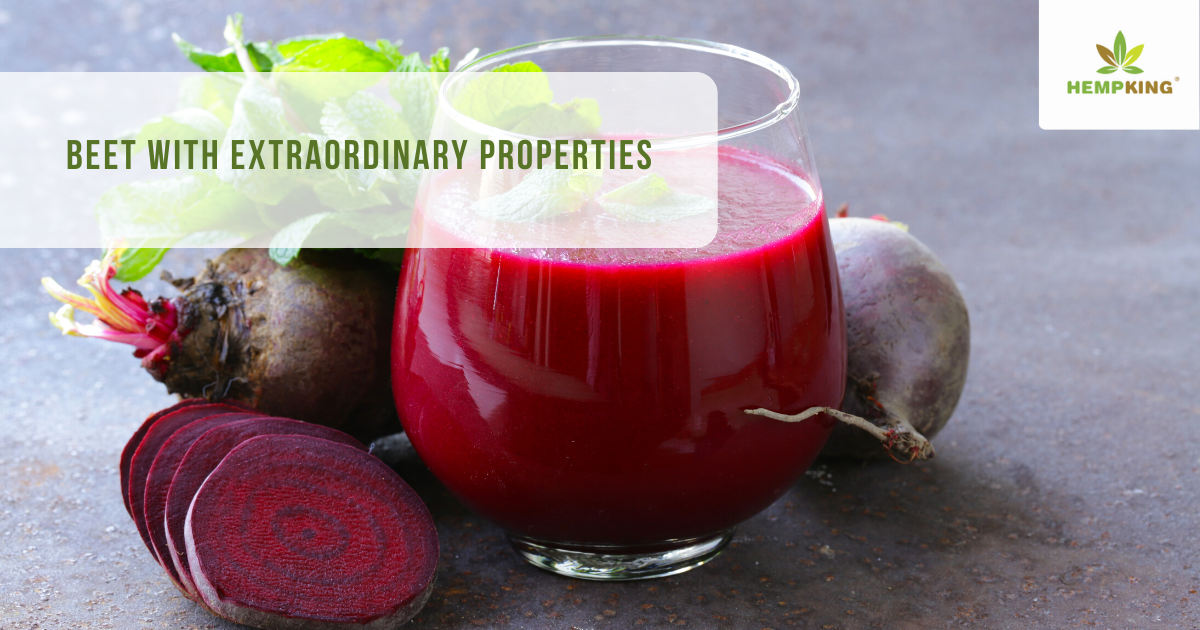
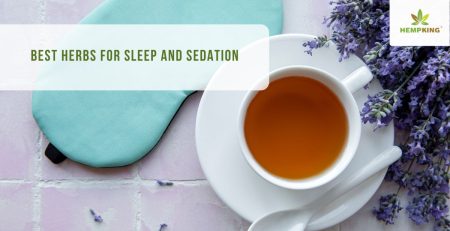
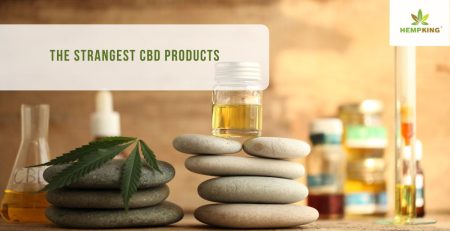

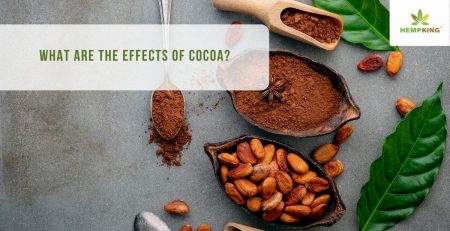

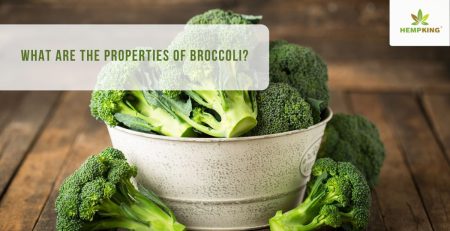


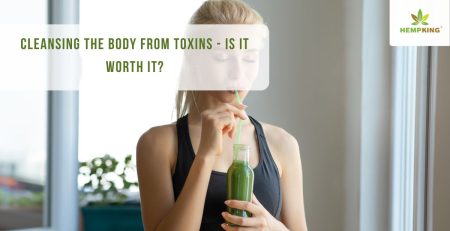

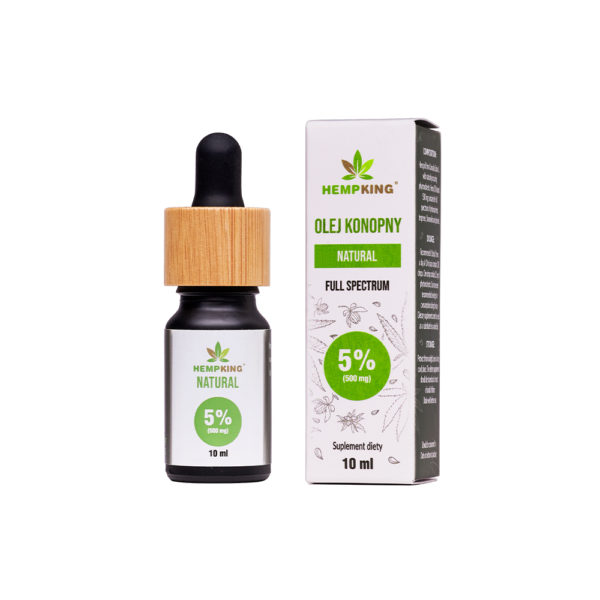
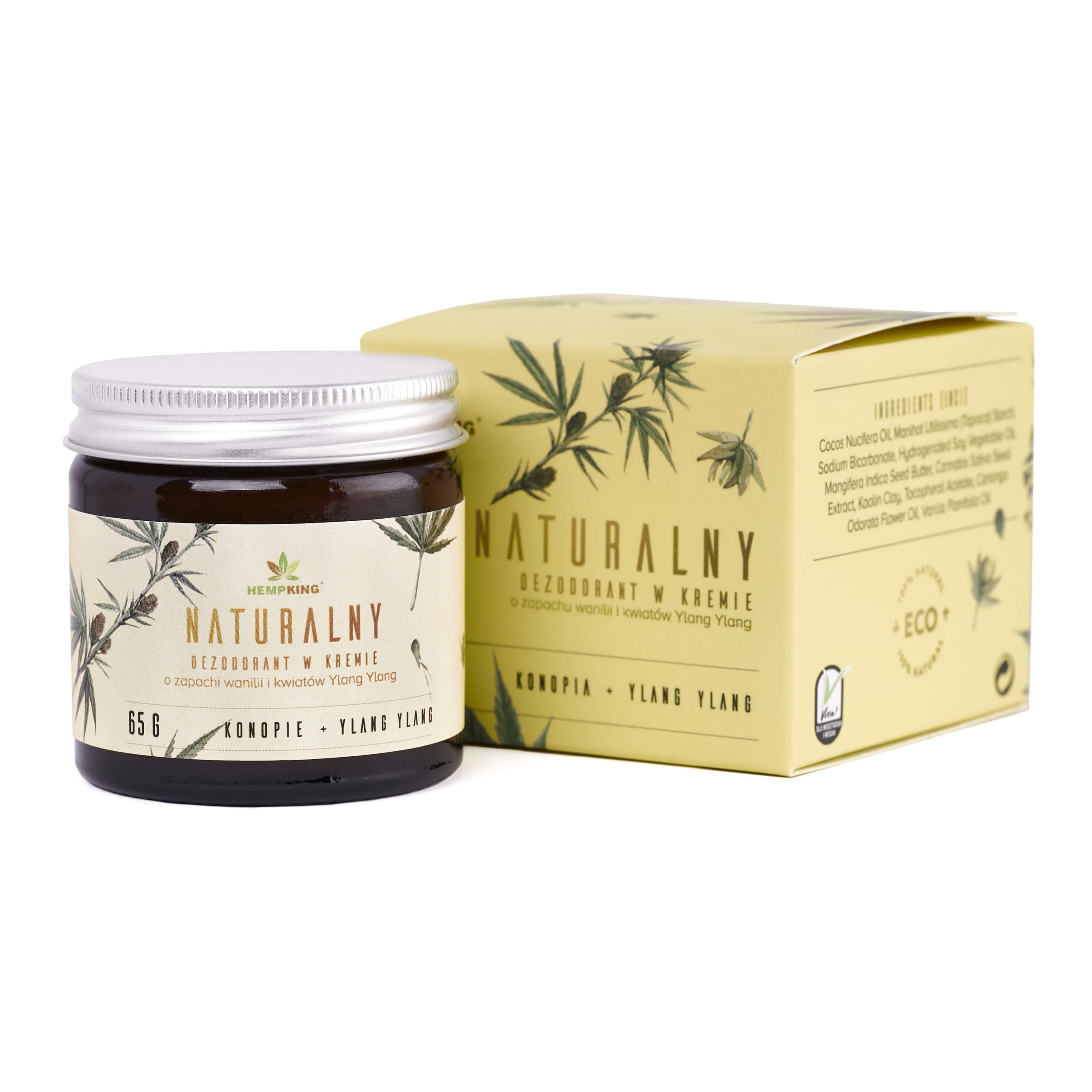
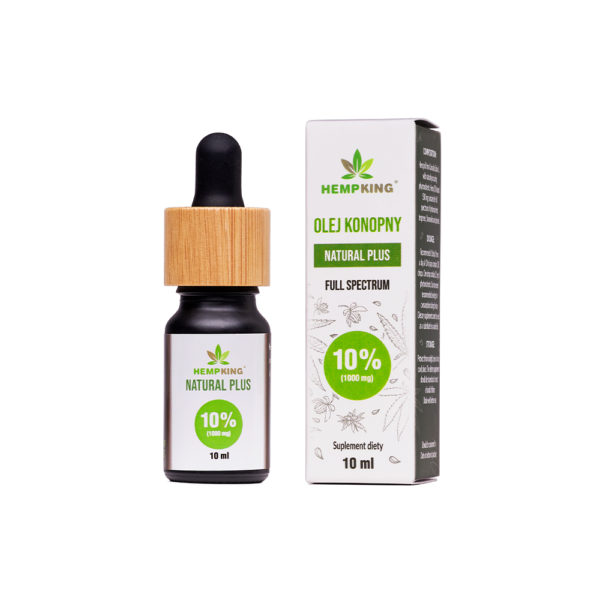
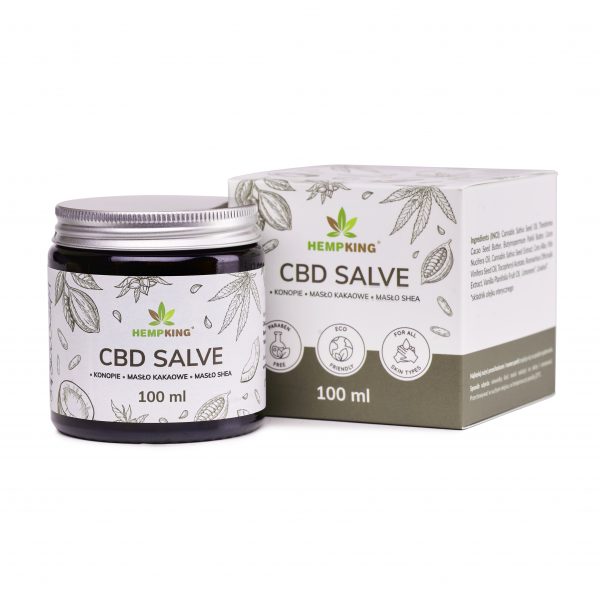
 Facebook
Facebook Instagram
Instagram

Leave a Reply